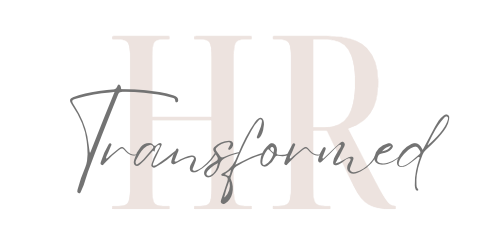The Year of AI: How Policies Shape Employee Performance
Written by: Sara Stone
AI has given us many tools that make our day-to-day work easier. Yet, overreliance has already created big headaches. We’ve seen fake cases in legal filings, AI “hallucinations” in everyday work, and companies forced to walk back embarrassing errors. When quality slips, client trust follows, and that’s a price no organization wants to pay.
Research that shows the negative effects of AI dependence is becoming more prevalent as well. A study done at the University of Toronto found that students who used AI practice tests could not perform as well on the actual exams. At first, it seemed to be a huge advantage. They were coming up with ideas faster than ever. But when the ideas started to blend together instead of sparking fresh, creative thinking, there was no individuality.
So how do you build an AI policy that supports your team while avoiding pitfalls? Start with these questions:
Would an AI-generated product embarrass us if shared publicly?
Does it impact the quality of the work we provide to our clients?
Would relying on AI for this task cause us to lose critical skills?
Are we properly reviewing AI-assisted work before sending it to a client or coworker?
Are there hard limits we should impose on AI’s role in certain processes?
Is it obvious AI was used to generate content?
The usage trend in the workplace has made it clear that AI is not going away, and it is changing how the workplace operates. The organizations that will thrive are those that get ahead of the risks with clear policies and guidelines.
How HR Transformed Can Help
Need help informing your employees on how to responsibly use AI? We’re here to help with customized AI introductory training to help your team get on the same page with how AI can be used responsibly at work, and refine your handbook to guide employees on its usage in the workplace.


